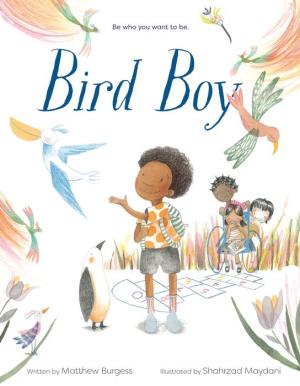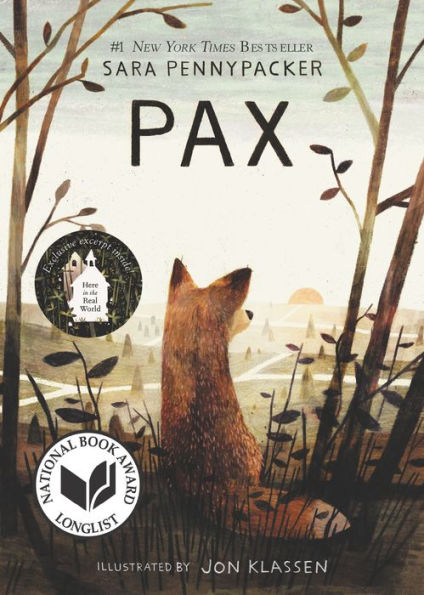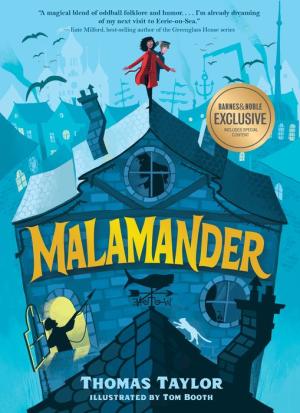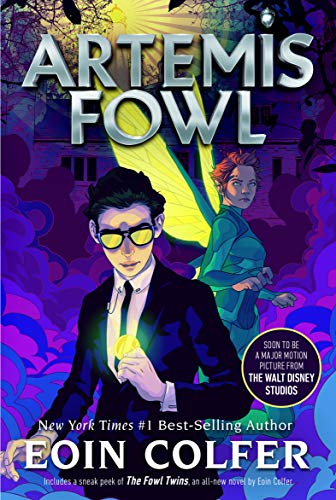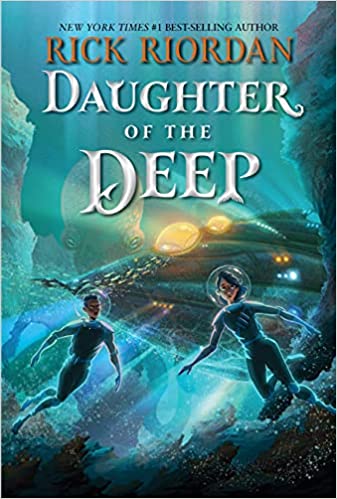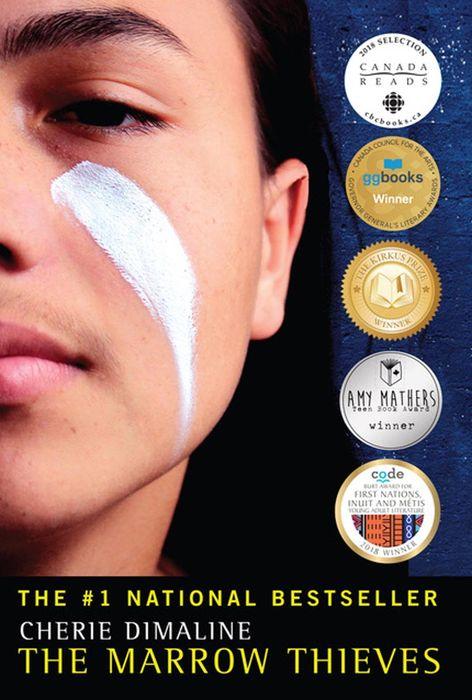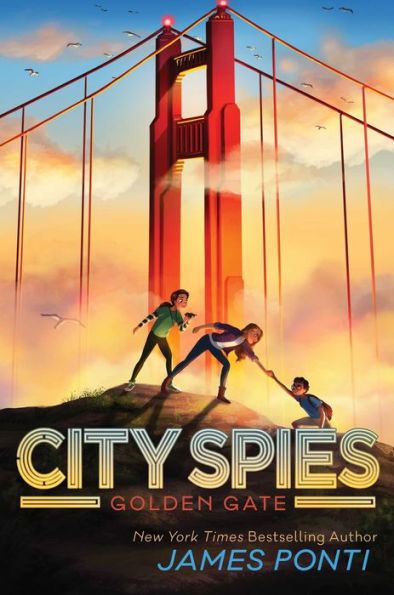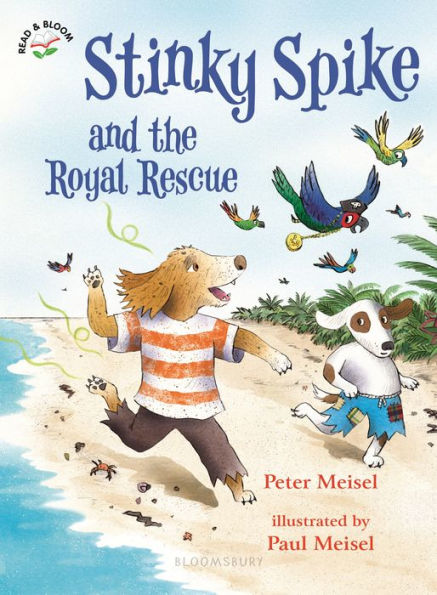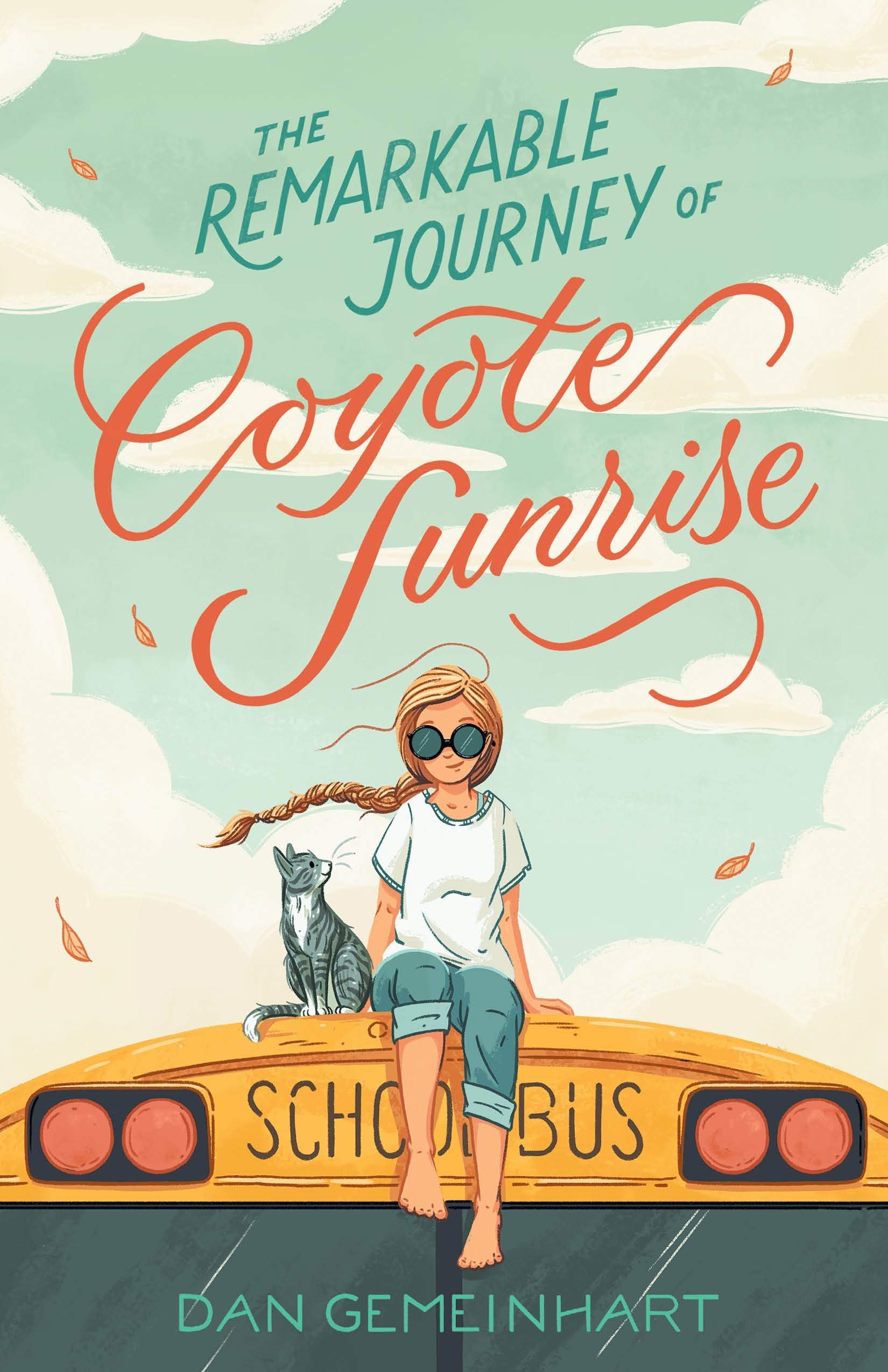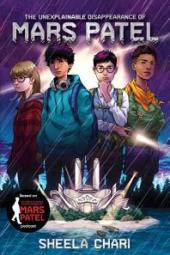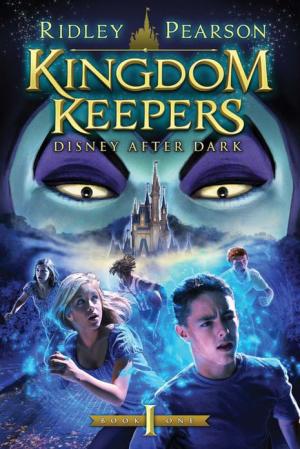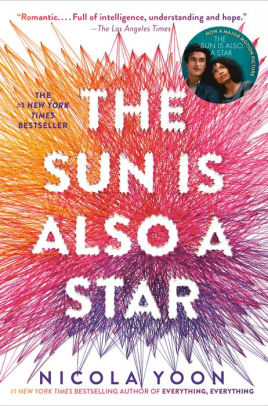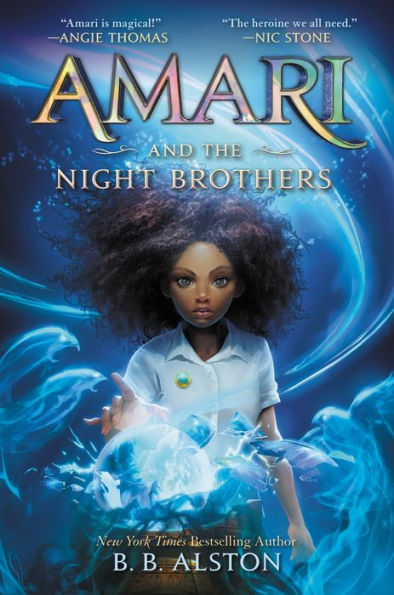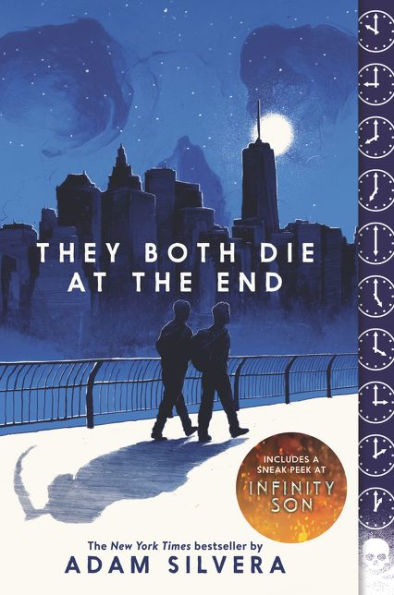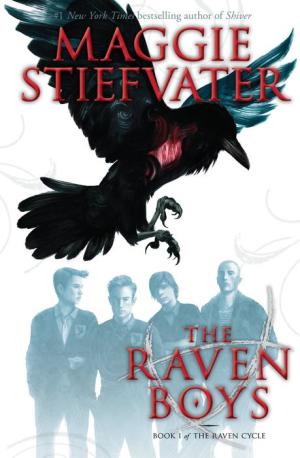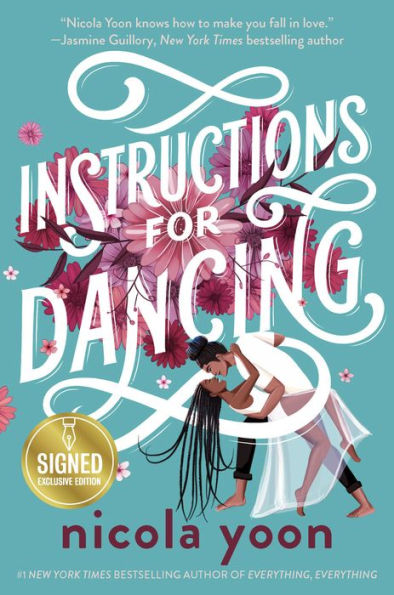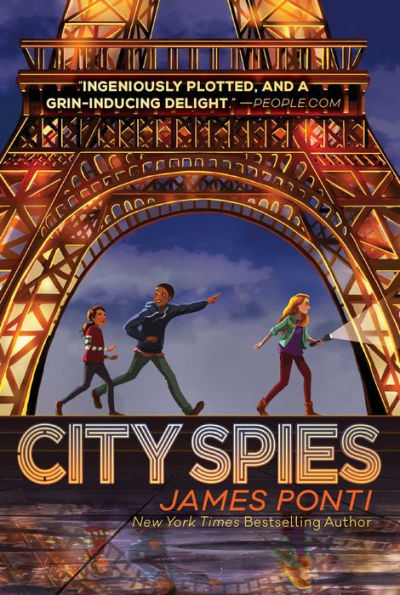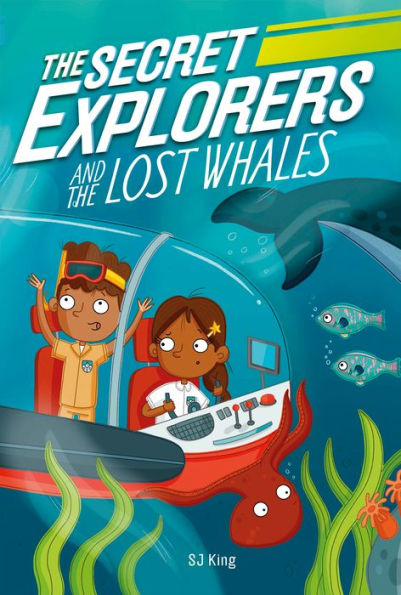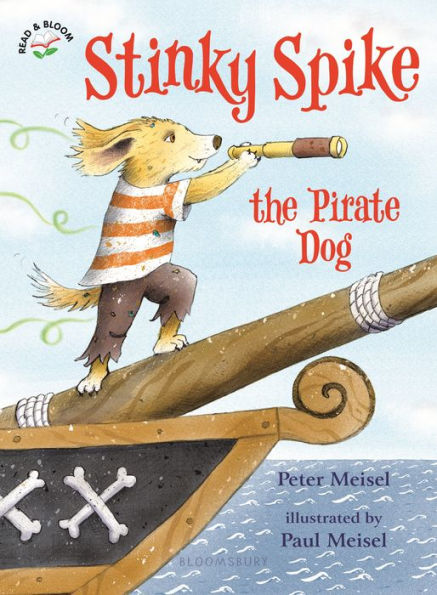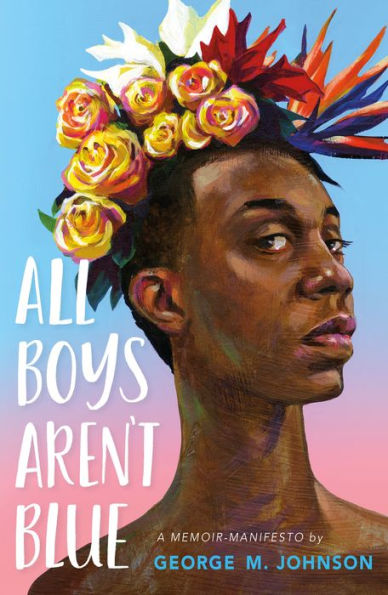Mei Lu is a 17-year old freshman at MIT and a first-generation Taiwanese-American. She skipped fourth grade because of her parents’ master plan for her: Go to a prestigious school. Get into med school and become a doctor. Marry a parent-approved Taiwanese man. Have children with said man, and be the obedient, submissive wife she was always meant to be. Mei, however, has a secret. Well, multiple secrets: She can’t stand germs. She’s falling asleep during her biology lectures. She loves dance, and she develops a crush on a Japanese peer named Darren Takahashi. Because her mother tends to be overbearing and her father is stuck to the traditional Chinese customs, Mei feels suffocated. She doesn’t know how to cope with her parents and the traditions that keep her chained down.
Despite her challenges, Mei decides to take a leap of faith and teach dance classes. Plus, she gets into a relationship with Darren, and reunites with her estranged brother Xing, who was disowned because he dated a woman his parents did not approve of. Mei begins a web of lies to keep up the facade of medical school, but ultimately she learns that there is no one way to be an Asian-American. She defies her parents’ expectations and strays from their planned path. Mei also brings her mother along in the journey, helping her learn to break free from the traditions that bind both of them.
American Panda is written from the perspective of Mei, who takes the readers through the ups and downs of being a freshman college student. Every chapter ends with a voice mail, usually from Mei’s mother, or a text message thread with Darren, which allows the reader to hear Mei’s inner monologue and listen to her thoughts on being a doctor, her distaste for germs, and her crush on Darren. This allows the reader to feel more empathy for her when her parents eventually disown her. The story unlocks a new perspective through Mei and teaches about Chinese culture. For example, a Chinese tradition is to eat with the family and order large dishes for the family to share. “We ordered so much another table had to be dragged over. After dishing food to Nǎinai, Yilong stacked her plate five layers high. A few bāos and pork balls tumbled off and she hurried to scoop them back on top.”
American Panda also exposes the American audience to the Chinese-American experience, such as Mei knowing specific proverbs and words in Chinese. Mei does not speak Chinese fluently but some objects come to her in Chinese. For insance, instead of calling her mom her mother, she calls her mǔqīn. The dialect is also very specific, as the author states she based it on her family’s own dialect. Mei calls her paternal grandparents Nǎinai (grandma) and Yéye (grandpa), her mother is called mǔqīn. The book even features Mei creating her own Chinglish (Chinese and English) words, something many Chinese-Americans may have done in their youth. “For the first eight years of my life, I was not Mei, only bǎobèi to my father, his treasure. And for those same years, he was my bábǐ, the Chinglish word I made up for ‘daddy.’”
American Panda tackles the challenge of keeping traditions alive while also attempting to follow your dreams and passions. Mei struggles to appease both herself, a first-gen Taiwanese-American, and her parents, who are both immigrants. American Panda gives Mei the space to explore her creativity and love for the arts, and to break away from the harmful Model Minority Myth that often stereotypes Asians into being emotionless, backwards thinking, and only into STEM. The story shows a diverse cast of Asian characters. Darren, for example, is in STEM but expresses a desire to go into research or academia. Ying-Na, the cautionary tale of Mei’s local Chinese community, becomes a comedian. Nicolette, her roommate, is sexually active and confident in her sexuality but isn’t submissive like the Lotus Flower stereotype.
While American Panda allows for diversity within the Asian culture, it does not accurately capture the Chinese-American experience. It leaves out the reality of being in a country that has a history of anti-Asian racism and also focuses solely on East Asians. Despite this, the story validates Mei’s feelings of suffocation by her culture and ultimately gives her an ending where she can meet in the middle while getting everything she wants. Readers who want a cute love story, a story about college antics, and/or want to learn more about the Chinese-American experience should read American Panda.
Sexual Content
- Reproductive health is mentioned many times, such as Mei’s sister-in-law suffering from endometriosis, Mei’s bully getting chlamydia, and Mei getting herpes from her unwashed jeans. One of the characters, Dr. Tina Chang, is also a gynecologist and Mei shadows her. There is also a large emphasis on women’s reproductive health due to Chinese traditions emphasizing on bearing a son to pass on the family name.
- Mei refers to Darren as being yummy because he’s attractive. “Being at MIT Medical post-rash-investigation was the one situation in which I didn’t want to see the spiky outline I was constantly searching for. . . so of course there he was, in all his six-foot-something glory. And when I say glory, I mean yumminess.”
- Mei sees one of Darren’s dimples and says, “I wanted to touch it. Kiss it. Memorize it.”
- On the way back from her date with Darren, Mei says “we had held hands the entire way [back to the dorm].”
- Mei and Darren make out. After their make out session, Darren kisses Mei again. “His hands pressed the small of my back, pulling my lips to his.” This scene lasts for two pages.
- On their way to a wedding, Mei and Darren kiss. “He gently lifted my chin with his finger, then closed the distance between us and kissed me where the whipped cream had been.”
- Mei says she wants to kiss Darren’s pouted lips. “I wanted to kiss it so bad.”
- Before meeting with Mei’s mother, her and Darren kiss. “He wrapped his hand around the small of my back and pulled me to his lips. . . And then it was just us. I sank into him. Melted into his kiss.”
Violence
- After meeting Darren for the first time, Mei’s mom comments on the fact that he is Japanese. “He’s Japanese, Mei. . . They murdered our family. Orphaned my mother.” This is a direct reference to the Japanese occupation of China, which resulted in thousands of deaths.
- When Mei meets her roommate Nicolette, who is also Taiwanese, Nicolette says, “Your family came to Taiwan in 1949, during the Communist Revolution. Your family killed my family.” There were already Chinese people who fled to Taiwan in the 1800s, before the Communist Revolution.
Drugs and Alcohol
- In many of Ying-Na’s rumors, it’s mentioned that she “had one sip of alcohol and flunked out of college.” This rumor is later proven to be false. At Ying-Na’s stand-up comedy show, she says she tried alcohol one time.
- Ying-Na makes jokes about the rumors she’s heard about her being a failure. “Did you know that I was giving head in the public-school bathroom yesterday at the same time I was peddling heroin on the other side of town?”
Language
- Fuck, and all of its variations, are used frequently. For example, Mei screams, “No fucking way!” when asked if she wants to look through the leg muscles of a cadaver. In addition, Nicolette told Mei, “You look hot as fuck.”
- Shit is also used multiple times. For example, when Mei uses Nicolette’s soap, Nicolette says, “That shit’s expensive!”
- When Mei learns about someone’s coming out story and the negative reception she got from her family. Mei says, “That’s bullshit.”
- During a movie screening, someone says, “C’mon projector guy! Get your shit together.” According to Darren, it’s part of tradition though.
- Nicolette calls a guy she hooked up with an asshole. “What the fuck Arthur! You made my roommate hit her head. You’re such an asshole!” The guy, Arthur, responds by saying, “You’re the asshole!”
- During her stand-up show, Ying-Na makes a joke about the Chinese Farmer’s Calendar and wishing it would tell her “when [her] period would actually come, and which cycles would be an uber-bitch.”
- Ying-Na jokes about how she became the Chinese community’s cautionary tale. “I turned into the local Chinese community’s cautionary tale: whore, spinster, homeless, whatever Asian parent’s biggest fear was.”
Supernatural
Spiritual
- Mei and her family are Buddhist and Mei refers to many Buddhist traditions, such as making an altar for her family’s deceased members, praying at the altar, and letting the door open so her Nainai’s spirit can come into the funeral parlor.
- Mei’s brother, Xing, and his fiancée Esther have a Christian wedding.
by Emma Hua
